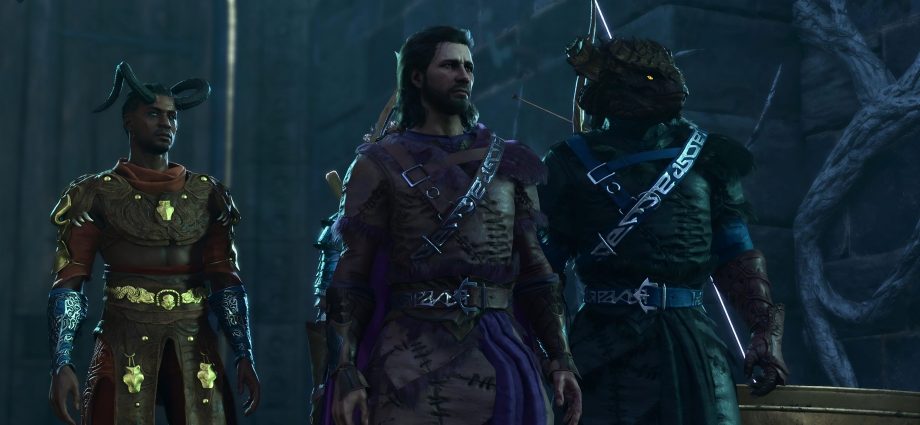BioWare is putting all of its current effort into Mass Effect 4, and that means the upcoming entry will bear the weight of the series’ legacy. That legacy includes choices with real consequences, ones that meant life or death for allies or the survival of entire civilizations. While the Mass Effect trilogy did not always execute perfectly, it was willing to let players burn bridges, lose comrades, and suffer for decisions made hours earlier.
Now, Baldur’s Gate 3 has raised the bar for what choice-based RPGs can do with party dynamics. Companions can permanently leave, refuse to join, or even die long before their arcs conclude. Those mechanics created tension and made players think more critically about how their role affected others, and Mass Effect 4 shouldn’t miss a chance to do something similar.

Related
Why Mass Effect 4 and Multiplayer Might Go Hand in Hand
Mass Effect’s future may hinge on one bold feature returning, and BioWare’s next move could decide everything.
Mass Effect 4 Needs More Breakable Bonds
One of Baldur’s Gate 3’s most striking features is its companion impermanence. Characters like Karlach can reject the player if pushed too far, and Lae’zel may turn hostile depending on how the Githyanki storyline unfolds. Even Shadowheart’s loyalty depends on how the player handles key religious and personal moments.
This flexibility makes the world feel less game-like and more reactive. Relationships are not guaranteed; they are earned. Mass Effect 2 hinted at this through loyalty missions and the Suicide Mission outcome, but most characters were static until a major plot beat forced a change. Mass Effect 4 could push this further by making companion availability conditional on early decisions. A player could lose someone before they ever join the crew.
In Mass Effect 2, skipping loyalty missions or choosing poorly during them could lead to deaths in the final mission. That level of consequence is still rare in RPGs today.
Baldur’s Gate 3 Makes Morality Less Predictable
Mass Effect has long relied on a binary morality system, especially in the first two entries. Baldur’s Gate 3 rejects that idea entirely. Companions do not react to good or bad behavior in general, but respond based on their personal values. Wyll might approve of a noble act while Astarion mocks it. There is no single path that keeps everyone happy.
A similar structure in Mass Effect 4 would deepen character writing and push players to think through moral ambiguity. Instead of leaning on Paragon or Renegade points, each choice could shift the tone of the party, who stays, and who ultimately walks away. Letting relationships fracture organically based on ethics would strengthen the feeling of living in a universe shaped by consequence.
While Dragon Age: The Veilguard introduced friction among party members, most of it resolved quickly. Mass Effect 4 could distinguish itself by letting tensions escalate and never fully resolve.
Mass Effect 4 Should Risk Real Loss Again
The most important lesson Baldur’s Gate 3 offers is this: it is okay to let players lose. In Mass Effect 2, a poor strategy could kill Mordin or Tali and have real consequences in the next game. In Baldur’s Gate 3, failing to save a character in time simply means they are gone, and the story keeps moving without them.
Mass Effect 4 needs to avoid falling back into safety nets. Not every character needs plot armor, and not every story arc needs to resolve happily. The series once thrived on high-stakes decisions, and it can again. If the player is allowed to fail, those who survive feel more meaningful. The cost of success should not just be measured in experience points, but in what was lost along the way.

Mass Effect: Legendary Edition
- Released
-
May 14, 2021
- ESRB
-
M for Mature: Blood, Drug Reference, Partial Nudity, Sexual Content, Strong Language, Use of Alcohol, Violence
- Publisher(s)
-
Electronic Arts
- Engine
-
Unreal Engine 4

